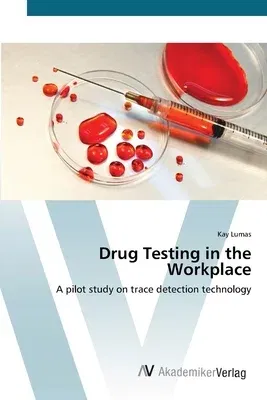Revision with unchanged content. Recognizing that alcohol and drug use
in the workplace is a significant social and economic problem, various
forms of drug testing have been branded as the solutions to a safer and
more productive work environment. In this determined drive to find a
userfriendly and accurate substance use detection strategy, a variety of
drug testing procedures have been developed and used with varying
consistently across industry groups. One such method, trace detection
technology, however, has been employed in spite of the paucity of
empirical evidence to validate its use as a stand-alone screening system
for drug detection. Furthermore, research on the impact of false
positive results of trace detection technology is extremely limited
amidst a climate in many locales in which it is regularly used. With
trace detection technology being used extensively in both the private
and public sectors for drug screening purposes, the objectives of this
research were twofold: To examine the efficacy of trace detection
technology as a stand alone method of drug testing by exploring the
lived experiences of commercial truck drivers who have experienced
false-positive drug test results firsthand; and to explore the emotional
and physical impact of false-positive test results generated by this
technology on the individual commercial truck driver.


